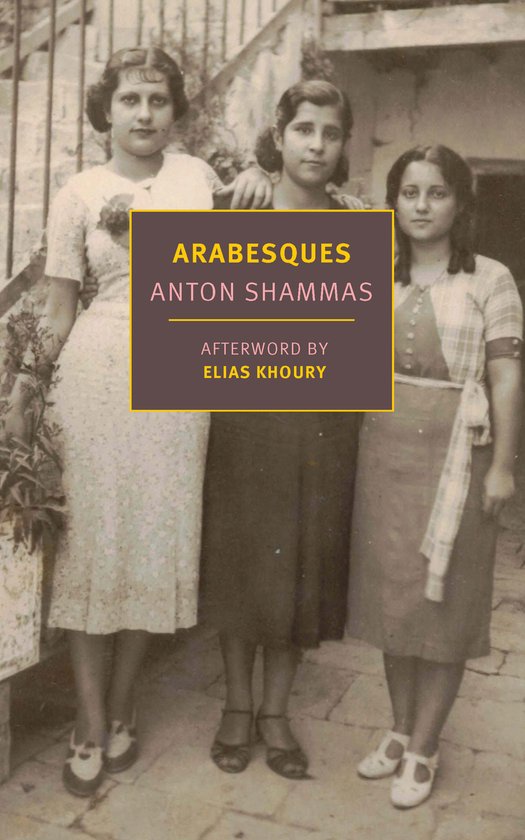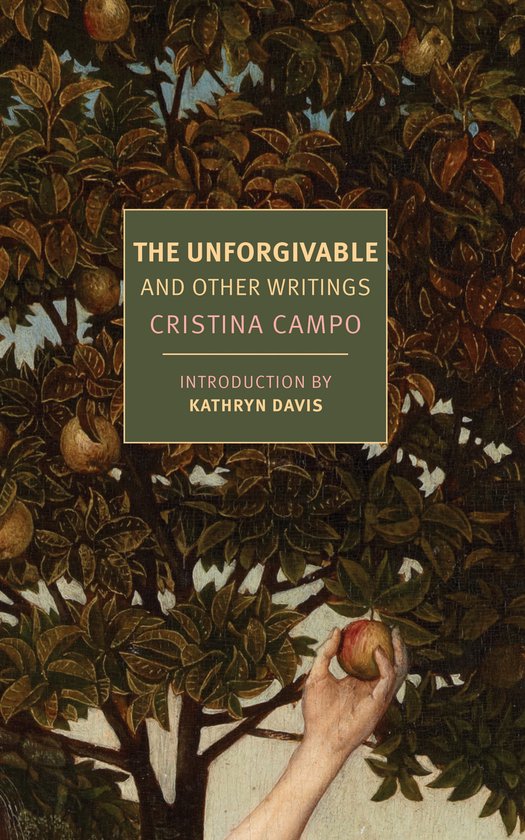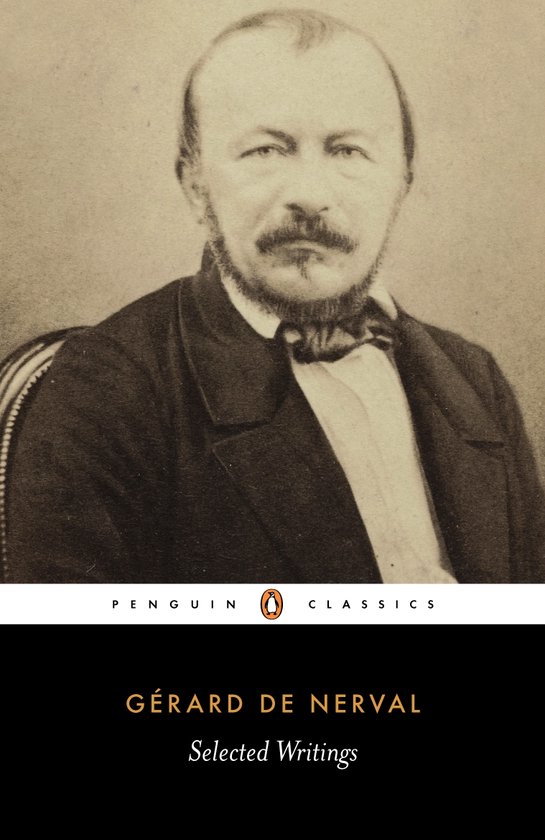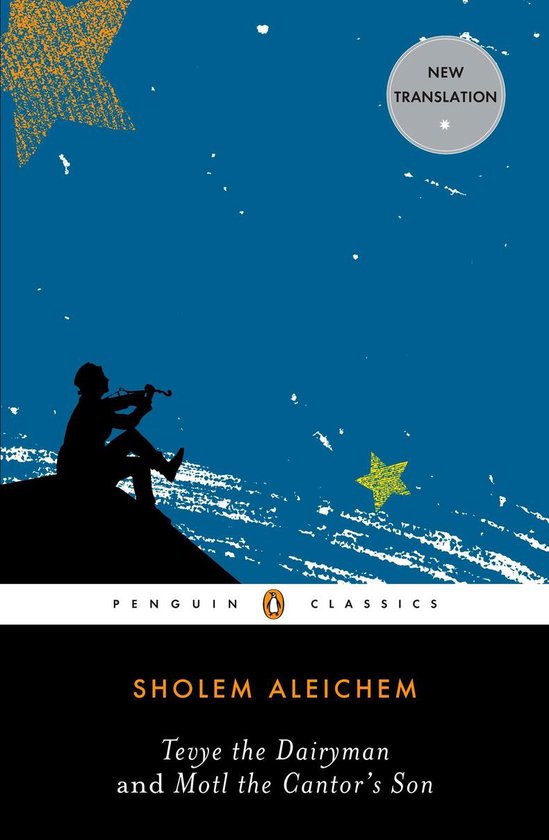
Arabesques
A luminous, inventive, and deeply personal exploration of living in the liminal space between Jewish and Arab, ancient and modern, by a gifted Palestinian writer.
Chosen by The New York Times as one of the best books of 1988, Arabesques is a luminous novel that engages with history and politics not as propaganda but as literature. That engagement begins with the language in which the book is written: Anton Shammas, from a Palestinian Christian family and raised in Israel, wrote in Hebrew, as no Arab novelist had before. The choice was provocative to both Arab and Jewish readers.
Arabesques is divided into two sections: The Tale and The Teller. The Tale tells of several generations of family life in a rural village, of the interplay of past and present, of how memory intersects with history in a part of the world where different people have both lived together and struggled against each other for centuries. The Teller is about the writers voyage out of that world to Paris and the United States, as he comes into his vocation as a writer, and raises questions about the authority of the storyteller and the nature of the self. Shammass tour de force is both a personal and a political narrativea reinvention of the novel as a way of envisioning and responding to historical and cultural legacies and conflicts.
Chosen by The New York Times as one of the best books of 1988, Arabesques is a luminous novel that engages with history and politics not as propaganda but as literature. That engagement begins with the language in which the book is written: Anton Shammas, from a Palestinian Christian family and raised in Israel, wrote in Hebrew, as no Arab novelist had before. The choice was provocative to both Arab and Jewish readers.
Arabesques is divided into two sections: The Tale and The Teller. The Tale tells of several generations of family life in a rural village, of the interplay of past and present, of how memory intersects with history in a part of the world where different people have both lived together and struggled against each other for centuries. The Teller is about the writers voyage out of that world to Paris and the United States, as he comes into his vocation as a writer, and raises questions about the authority of the storyteller and the nature of the self. Shammass tour de force is both a personal and a political narrativea reinvention of the novel as a way of envisioning and responding to historical and cultural legacies and conflicts.
| Auteur | | Anton Shammas |
| Taal | | Engels |
| Type | | Paperback |
| Categorie | | Literatuur & Romans |





